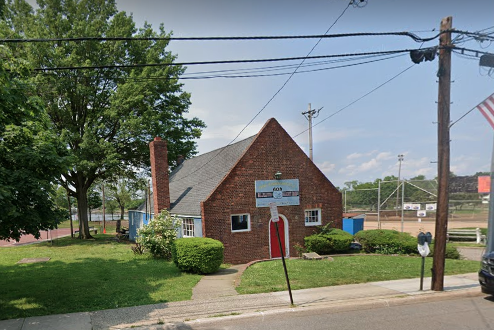Rollout of the Payback Protection Program is going slowly under the $2 trillion stimulus relief package, according to some local chambers of commerce in Nassau.
The program, nicknamed PPP, is one in a series passed to help alleviate effects on small businesses from the coronavirus and provides federally guaranteed loans to qualifying small businesses that maintain their payroll during the pandemic.
Mitchell Schwartz, president of the Port Washington Chamber of Commerce, says the rollout has been slow.
“Unfortunately, we don’t have a lot of success yet,” Schwartz said. “Some banks have applications, others don’t. I know someone who got the app in, but they got an email saying it was declined. It’s all very confusing. I use Citibank and they don’t even have a link up on their website.”
Dennis Grossman, president of the Great Neck Chamber of Commerce and president of the Nassau Council of Chambers, said he is advising all businesses to apply.
“The employers will be able to keep their employees, maintain their businesses, pay rent, pay overhead,” Grossman said.
Grossman added that the Long Island Association, the Small Business Association and the U.S. Chamber of Commerce had sent out information on the program.
“We’re mostly providing links and not recommendations,” Schwartz said. “We’re pointing out that the disaster loan is separate from the paycheck program, and if you apply for that you can apply the QuickPay, which is forgivable.”
Those who qualify for the program include a small businesses with fewer than 500 employees; non-profit 501(c)(3) organizations with fewer than 500 employees; an individual who operates as a sole proprietor, independent contractor or is self-employed who carries on a trade or business, among other categories.
Loans will require a “good faith certification” that “the uncertainty of current economic conditions makes the loan request necessary to support ongoing operations,” with the proviso that “the borrower will use the loan proceeds to retain workers and maintain payroll or make mortgage, lease, and utility payments” or other specifics.
The loans will not require collateral, a personal guarantee, or proof that the borrower sought a loan elsewhere, according to the program’s terms.
Borrowers may also be forgiven if they maintain their payrolls during the crisis or restore their payrolls afterward.
Most businesses will continue to try to operate, Grossman said.
“They’ll still have to readjust their businesses to function in the current environment, wearing masks and so on, and we’re trying to structure right now with the Nassau Council of Chambers to see how customers should face off with customers,” Grossman said.



